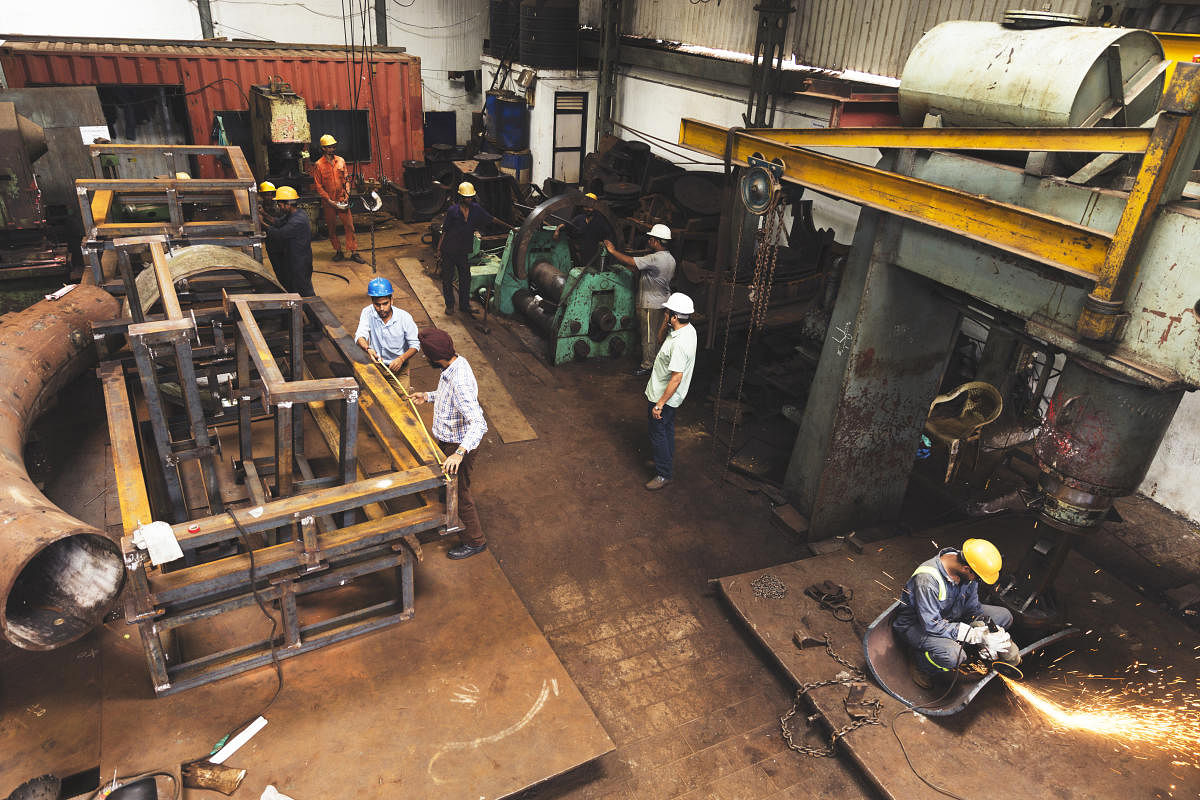
Karnataka’s industrial sector is likely to witness a large-scale shake-up after the state Cabinet on Thursday approved sweeping changes to three important labour laws through an ordinance, in a move that will infuriate labour unions.
The Industrial Disputes and Certain Other Laws (Karnataka Amendment) Ordinance — which the government said will help ease of doing business amid the pandemic — will amend some provisions under the Industrial Disputes Act, the Contract Labour (Regulation and Abolition) Act and the Factories Act.
According to Law Minister JC Madhuswamy, the worker threshold will increase from 100 to 300 under Section 25(K) of the Industrial Disputes Act.
This means that only those establishments that employ 300 or more persons will have to seek the government’s permission for closure, retrenchment or layoff.
Similarly, worker thresholds under the Contract Labour and Factories Acts will be increased. While any contractor with 20 employees or more attracted the regulations under the Contract Labour Act, a contractor with 50 or more employees will attract the regulations going forward.
Madhuswamy said that the Industries Act will also be amended to increase the worker threshold from 10 to 20 in units which use power and from 20 to 40 in factories that do not use power.
“Overtime work of any quarter is also increased from 75 to 125 hours under section 65(3)(iv) of the Factories Act,” he said.
According to government sources, the amendments were based on the recommendations made by the Ministry of Labour and Employment in May, and ‘prior instruction’ was issued by the President of India through a letter by the Ministry of Home Affairs on July 11.
Similar amendments have been made in Madhya Pradesh, Rajasthan, Maharashtra, Gujarat, Odisha and other states.
The ordinance comes after much dilly-dallying and amidst protests from the labour unions. On June 11, the government withdrew a May 22 notification extending work hours after the High Court observed that it may have to quash the notification unless the government clarified what was the ‘Public Emergency’ involved to enhance the working hours.
Labour activist Meenakshi Sundar said, “The amendments are detrimental to the interests of labourers as the industries can now lay off or fire people without consulting the government."
